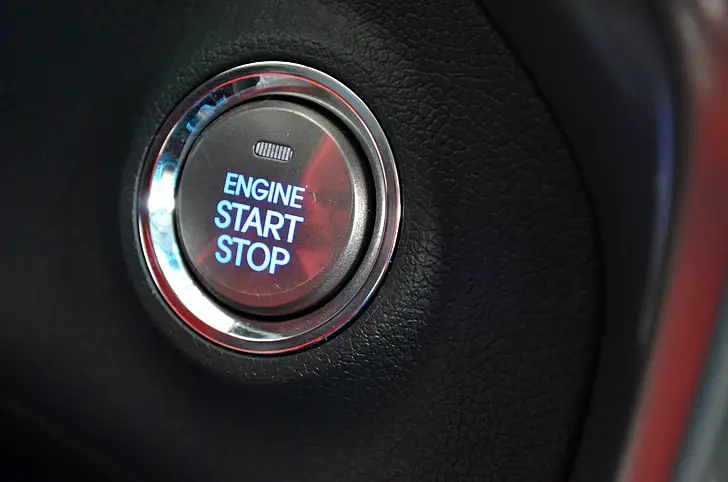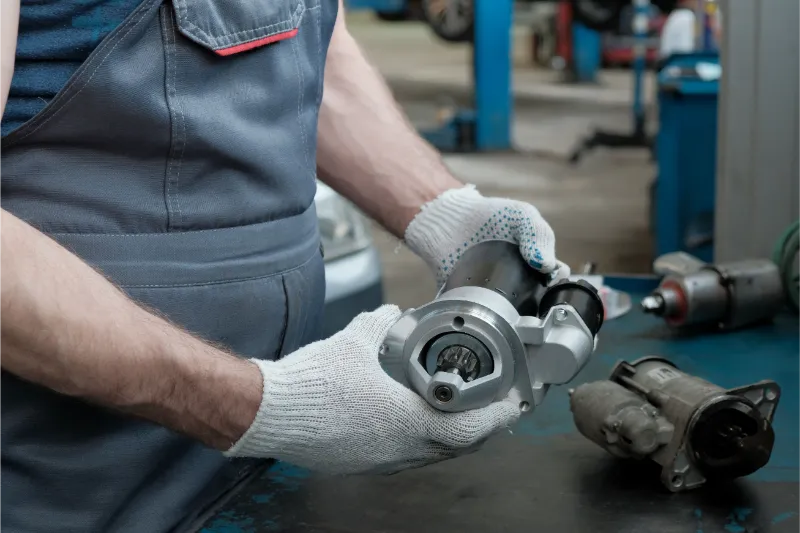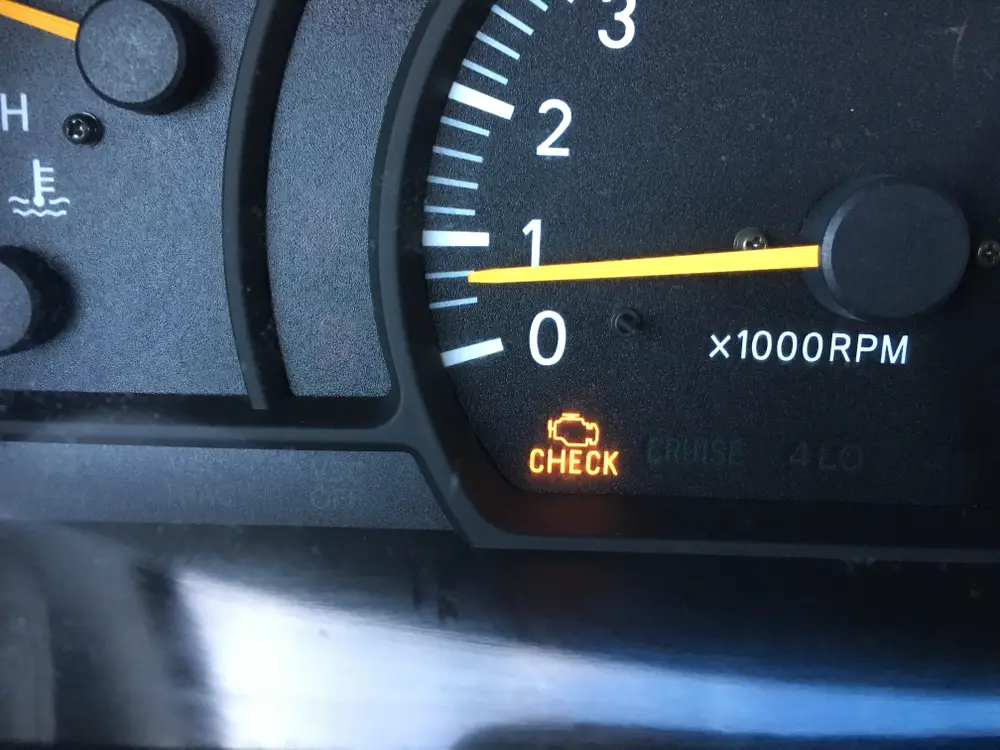
Car shake when braking is a common issue that affects millions of drivers annually.
According to automotive repair statistics, brake-related problems account for nearly 20% of all vehicle maintenance issues reported in workshops.
This isn’t just an inconvenience—it’s a potential safety hazard that requires immediate attention.
Understanding why your car shakes when braking is essential for diagnosing the problem and preventing further damage.
In this article, we’ll explore the most common causes of this issue, how to fix them, and what you can do to prevent it from happening again.
Key Takeaways
| Problem | Possible Cause | Solution | Cost Estimate |
|---|---|---|---|
| Car shakes when braking | Warped brake rotors | Resurface or replace rotors | $150–$400 per axle |
| Steering wheel vibrates | Unbalanced tires or worn suspension parts | Tire balancing or suspension repair | $50–$200 for balancing, $200+ for repair |
| Vibrations at high speeds | Worn brake pads or stuck calipers | Replace brake pads or service calipers | $100–$300 for pads, $150–$300 for calipers |
| Shaking when braking downhill | Overheated brakes or rotor damage | Inspect and replace damaged components | $150–$400 per axle |
| General vibrations when braking | Loose wheel bearings or alignment issues | Replace bearings or perform alignment | $200–$500 for bearings, $75–$150 for alignment |
What’s Causing Your Car to Shake When Braking?
Your vehicle is made up of multiple interconnected systems, and shaking while braking is usually linked to one of the following:
| Possible Cause | How It Feels | Is It Dangerous? |
|---|---|---|
| Warped Brake Rotors | Vibrations in the steering wheel | Moderate-High 🚨 |
| Unevenly Worn Brake Pads | Pulsing sensation in the pedal | Low-Moderate ⚠️ |
| Tire Issues (Unbalanced/Worn Tires) | Shaking at specific speeds | Moderate ⚠️ |
| Wheel Alignment Problems | Car pulls to one side | Moderate ⚠️ |
| Suspension or Steering Issues | Car shakes even after braking | High 🚨 |
We’ll cover each cause in detail, but first, let’s identify your specific problem so you don’t waste money on unnecessary repairs.
Step-by-Step: How to Diagnose Your Braking Vibrations
Before heading to a mechanic, try these DIY tests to narrow down the issue:
Does the steering wheel shake?
- Yes → The problem is likely in the front brake rotors, wheel alignment, or suspension.
- No → The issue could be in the rear brakes, tires, or drivetrain.
Does the Car Shake Only at High Speeds?
- Yes → Possible tire imbalance or warped rotors.
- No → Could be brake pads, suspension, or wheel alignment.
Does the Car Shake More When Going Downhill?
- Yes → Likely overheated rotors or brake fade
- No → Check brake pads and wheel bearings.
Common Causes & Fixes When Your Car Shake When Braking
Warped Brake Rotors (Most Common Issue)
Brake rotors can warp due to heat generated during braking.
This causes the caliper to move rapidly, causing the vehicle’s steering wheel to shake due to Newtonian physics.
The heavy caliper resists shaking, transmitting the shaking motion back to the steering and suspension.
What Happens?
Your rotors (the metal discs your brake pads squeeze to stop the car) can become uneven due to heat and wear, leading to vibrations when braking.
Symptoms
✅ Steering wheel shakes
✅ Vibrations increase at higher speeds
✅ Braking feels pulsating or inconsistent
Solution
✔️ Resurface or replace the brake rotors (if they’re too worn).
✔️ Avoid heavy braking in stop-and-go traffic, which overheats rotors.
📊 Rotor Condition vs. Fix Options
| Rotor Condition | Fix | Cost Estimate |
|---|---|---|
| Minor warping | Resurfacing | $100–$200 |
| Deep grooves/cracks | Replacement | $250–$600 |
📌 Tip: If you just had your rotors replaced and the car still shakes, make sure the rotors were properly installed and torqued.

Unevenly Worn Brake Pads
Uneven pad wear refers to a single pad where the dual piston caliper pushes more force on the top or bottom of said pad
This can happen due to:
- Cheap brake pads that wear quickly
- Sticking calipers (brake parts that aren’t applying even pressure)
🔹 Symptoms:
✅ Car shakes when braking lightly but smooths out with harder braking
✅ Noise: Grinding, squealing, or clicking sounds
what to do
✔️ Replace worn-out brake pads ($150–$300 per axle).
✔️ Check if brake calipers need adjustment or replacement.
Tire Problems (Unbalanced or Worn Tires)
Most often, it’s the wheel alignment that’s at fault. Worn suspension parts, bushes, and wheel bearings can also cause that.
Just have your suspension checked and then take it for wheel alignment. That is where I would start.
If your tires are worn unevenly or out of balance, they can cause shaking at certain speeds, especially during braking.
🔹 Symptoms
✅ Vibrations start at a specific speed range (40–70 mph)
✅ Shaking isn’t constant—varies depending on road surface
✅ Tires look worn unevenly
possible fixes
✔️ Rotate and balance tires ($40–$80).
✔️ Check tread wear patterns—you might need new tires.
📊 Tread Depth vs. Tire Condition
| Tread Depth | Condition | Action |
|---|---|---|
| 8/32″ – 10/32″ | Good | No action needed |
| 4/32″ – 7/32″ | Worn | Rotate & monitor |
| <3/32″ | Bad | Replace tires ASAP |

When to See a Mechanic ASAP
If you experience any of the following, don’t wait—get your car checked immediately by professionals.
⚠️ The car shakes violently, even at low speeds
⚠️ You hear loud grinding or knocking noises while braking
⚠️ The car pulls aggressively to one side when braking
⚠️ There’s a burning smell near your wheels
conclusion
Experiencing a car shake when braking isn’t just an inconvenience—it’s a serious issue. Ignoring this problem can lead to total brake failure, expensive repairs, or even an accident.
The constant vibrations and unsettling sensations make every drive stressful and uncomfortable.
Whether it’s the high-pitched squeal of worn brake pads, the unnerving pull of an unbalanced tire, or the alarming shudder on a downhill slope, these issues impact your peace of mind and your wallet.
Addressing the car shake when braking early ensures a smoother, safer ride and avoids escalating costs and potential dangers.
Don’t wait for a small issue to become a major headache—take proactive steps to maintain your car’s braking system and drive with confidence.
🚗 What to do next?
✅ Start by checking your rotors and brake pads.
✅ If the issue happens only at high speeds or downhill, check your tires and alignment.
✅ If in doubt, get a professional brake inspection before it gets worse.




Leave a Reply